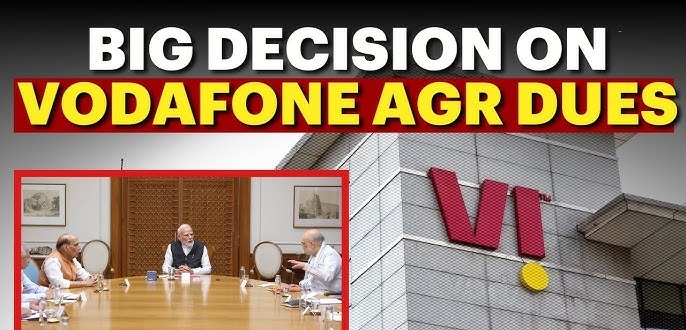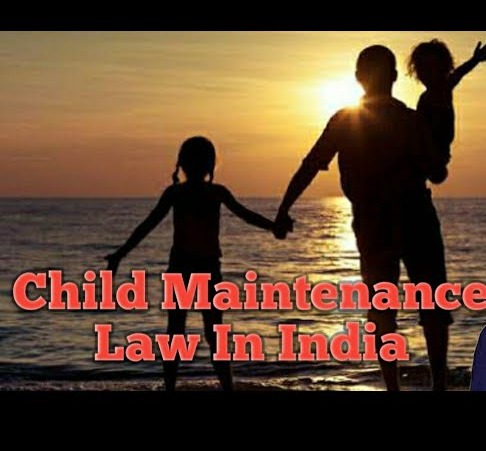Sanjiv Khanna, J.@mdashThe appellant-Mr. Ashok Kumar Sharma has filed the present Appeal against the Order dated 30th July, 2007 passed by the Single Judge dismissing his writ petition and upholding Award dated 31st January, 1996 passed by the Labour Court.
2. The appellant was employed on 10th March, 1980 with the respondent-Management, M/s. Oberoi Flight Services as a Loader. His services were terminated by the respondent-Management by notice dated 3rd September, 1986. No enquiry was held by the management before termination. The appellant made representation dated 4th October, 1986 and also served legal notice on 15th October, 1986 on the respondent-management. The dispute could not be resolved even after conciliation proceedings. Thereupon an industrial dispute was referred for adjudication on the following terms of reference:
Whether the dismissal of Shri Ashok Kumar Sharma is illegal and/or unjustified and if so, to what relief is he entitled and what directions are necessary in this respect?
3. The Labour Court by Award dated 31st January, 1996 has observed that it was an admitted case of both the parties that no chargesheet or show cause notice was issued to the appellant before his dismissal. Labour Court also opined that the appellant was not given any opportunity to show cause why the penalty of dismissal should not be imposed and therefore the Order of dismissal was bad in law. It was also observed that principles of natural justice had been violated.
4. The management had made an allegation that on 31st August, 1986 the workman was caught carrying 30 big soup spoons in his shoes and therefore the dismissal was justified. It was stated that the workman had admitted having committed the theft in writing. The management at that stage led evidence to prove and establish the charges before the Labour Court. Reliance was heavily placed by the respondent-management on the admission made by the appellant on 31st August, 1986 and 1st September, 1986. On the other hand, the stand of the workman was that his signatures were obtained under force and coercion as he was repeatedly intimidated and threatened with police action and arrest. It was also stated by the workman that on 1st September, 1986 he had gone to perform his duties but was again pressurized, threatened and intimidated. It is the admitted case of the parties that the alleged statements were made by the workman before one Mr. G.C. Mishra. Mr. G.C. Mishra was not examined by the management. On the other hand, the respondent-management in 1994, nearly eight years after the incident filed three affidavits of Mr. C.A. Anthony, Mr. Rajan Chopra and Mr. J.C. Nayar in support of the allegations against the appellant. Mr. C.A. Anthony in his cross examination admitted that the documents executed by the appellant were not written in his presence and do not bear his signatures. He has stated that he had no personal knowledge of the incident on 31st August, 1986. The second witness Mr. Rajan Chopra stated that he had seen Mr. G.C. Mishra questioning the appellant and had taken the appellant to locker room where 30 big soup spoons were recovered from his shoe. In his cross examination, Mr. Rajan Chopra denied the suggestion that he was not present at the time of the incident. He also denied the suggestion that in one shoe no one can hide 30 big soup spoons. The third witness, Mr. J.C. Nayar claimed that he along with Mr. Rajan Chopra and Mr. G.C. Sharma had gone to the locker room and thereupon in his presence 30 big soup spoons were recovered from the shoe of the appellant. In the cross examination, however, Mr. J.C. Nayar stated that he does not identify signature of the workman and the workman had not signed the documents in his presence. There is material contradiction of the statement of Mr. J.C. Nayar and Mr. Rajan Chopra. Both of them claimed that they were present at the time when 30 big soup spoons were found concealed in the shoe of the appellant. Mr. Rajan Chopra claims that the workman had written a confessional note thereupon, whereas Mr. J.C. Nayar claims that no document was written and the document in question was already signed by the workman. The evidence of the witnesses has not been scrutinised and considered by the Labour Court. In fact the Labour Court was required to examine the evidence in depth and detail as a Court of first instance before reaching any conclusion, as in the present case, no domestic enquiry had been held. On the other hand, Labour Court accepted the respondent-management''s version on the ground that the appellant had admitted his guilt and fault. We may note here that Mr. Rajan Chopra had in the cross examination stated that it was incorrect to suggest that in one shoe the appellant could have hidden 30 big soup spoons and walked upto the security check area. The big soup spoons were shown to us in the Court. It is difficult to believe that a person could have kept 30 big soup spoons in one or even both shoes and walked. It is not the case of the respondent-management that the soup spoons had been kept in the socks or in the pocket.
5. Normally, writ courts are reluctant to examine the findings of facts recorded by industrial or labour courts. We do not want to assess sufficiency or adequacy of evidence. But in the present case, we find it difficult to believe accept the contention of the respondent-management that 30 big soup spoons could be put in a shoe and the appellant walked with the said spoons in his shoe from the work area to the security check area. The present case is also one in which the respondent-management did not conduct any departmental enquiry and had dismissed the workman without issuing him a chargesheet or show cause notice.
6. Keeping in mind the entire facts and circumstances of the case and the fact that the appellant has not worked with the management since 1986 and was employed with the management for about 6 years, we feel that the order of reinstatement of the appellant-workman will not be justified and monetary compensation would meet the ends of justice. It is accordingly directed that the respondent-management will pay Rs. 60,000/- to the appellant towards full and final settlement. The aforesaid payment will be made within a period of four weeks from today failing which the interest will be paid @ 10% p.a. from the date of judgment till payment.
7. The Writ Petition is accordingly disposed of in above terms. No costs.

